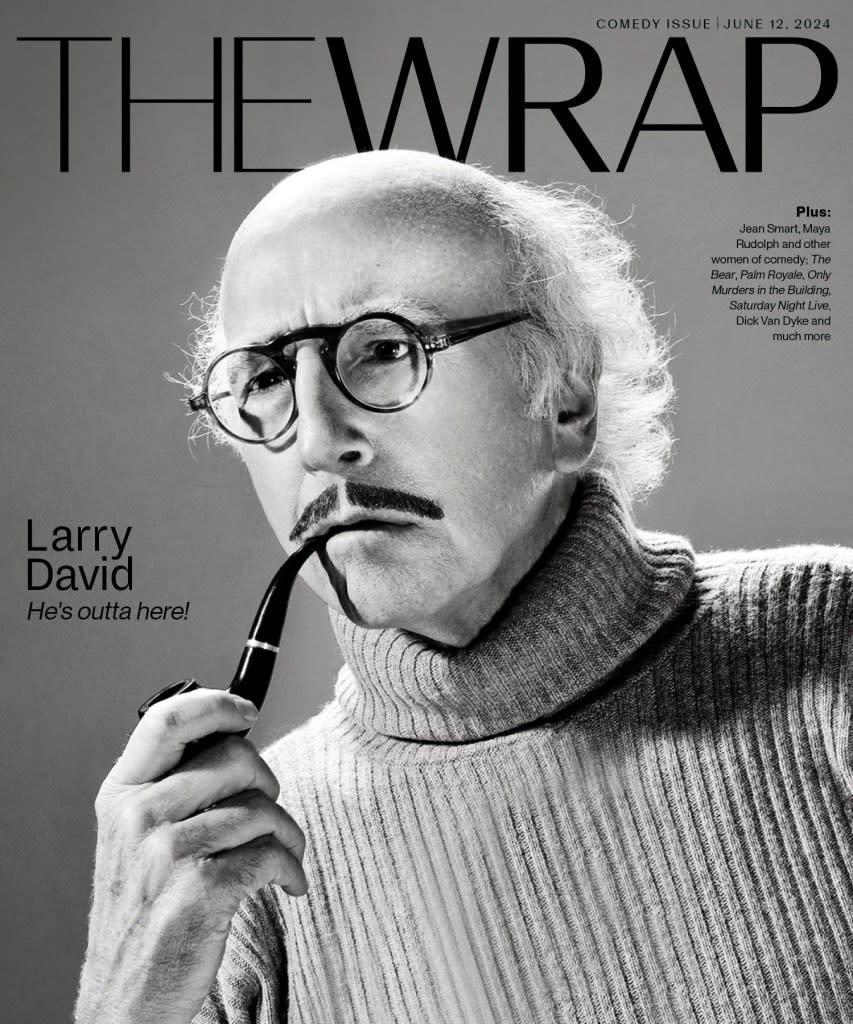Rose Byrne Explains Why ‘Platonic’ Never Teases Romance With Seth Rogen
Rose Byrne’s filmography is a choose-your-own-adventure for movie and TV fans. There’s twisty legal drama (“Damages”), cerebral sci-fi (“Sunshine”), instant-classic comedies (“Bridesmaids,” “Spy”), historical biography (“Mrs. America”) and spine-tingling horror (the “Insidious” franchise).
Her versatility is again on full display with her latest pair of Apple TV+ comedy series. In “Platonic” (exec-produced by Nicholas Stoller and Francesca Delbanco and now in preproduction on Season 2), the Australian actress stars as a stifled suburbanite grappling with middle-age malaise who reconnects with an old college friend (Seth Rogen). In Annie Weisman’s pitch-dark character study “Physical,” which wrapped its third and final season last fall, she plays Sheila, an aerobics obsessive battling bulimia.
“Platonic” reunites you with Seth Rogen after you both starred in the “Neighbors” films. Why the impulse to reteam?
[Nicholas and Francesca] pitched me the idea about this friendship that we have and how friendships change as we get older and you have kids, or you don’t have kids and your friends have kids, or you don’t work and your friends have jobs. It’s how you can have these core friendships in your teenage years or your college years and how they change as you get older. It’s just about the things that happen in life, and it felt very relatable and like a great platform for something really funny about the minutiae of life.
It’s also looking at what it’s like with men and women and how that changes as we get older and why it changes and does it have to change? I don’t think the show necessarily has answers, but it’s a great look at it in a fun way. I knew it would live and die by the chemistry of this friendship. Seth and I have the great chemistry and this could be an extension of that. I enjoy seeing actors reunite and spend time together onscreen, and so I was delighted when he agreed. He’s a very busy person!
The title of the show is “Platonic,” but was there any temptation to lean into a will-they-or-won’t-they kind of scenario? It’s refreshing that it doesn’t.
We were highly aware of the intuition that we were not playing into. Intuitively, people think that and say that and, you know, there were a lot of jokes on set of us just turning to camera and being like, “We’re not going to get together” in the first-person, sort of reassuring our audience. But we wanted to take that out of the equation pretty early on, knowing that it was going to be exploring different ideas about the dependency on friends, what friends bring out of you.
The threat of the male-female thing was really about what the other characters thought. It’s not a thing of sexual tension in the show, but everybody else thinks it is, and that was such a great platform for more story and more nuance and being able to see the comedic side of that. I felt confident that we could pull it off, but it was a different experience for Seth and me because we had played a couple before who were happily married [in “Neighbors”], so we had to revisit our dynamic.
What is it about Seth and you? What’s something that he brings out in you and vice versa that you think really clicks?
It’s a hard thing to know because you’re in it, so that’s the thing, you can’t really explain it. I’m always [thinking about] lame lingo like, “Oh, he’s Canadian and I’m Australian.” Is that why? We’re from the Commonwealth? But he brings a quick eye for every scene that immediately elevates the humor to a place that helps me get there. And I think he has a higher energy, whereas maybe I have more of a mellow energy. So it was kind of a balance-each-other-out in that sense. But chemistry’s so elusive, right? If you knew how to get it, then everything would have it. It’s a little bit like lightning in a bottle, particularly with comedy.
Then you have “Physical,” which is a much darker, complicated role and narrative. What was wrapping that experience like with Season 3?
I feel so lucky to have the experience of “Physical,” which is an incredibly complex character dealing with something that’s never portrayed onscreen or discussed in any depth. Bulimia is a very sad thing to fictionalize or to bring to the screen in a narrative sense, and so I think Annie is just such a good showrunner.
It is about an addiction that was, I think, really relatable to a lot of my friends who are in recovery, whether it’s an addiction to gambling or sex or drugs or alcohol or whatever. She captured that. We wrapped up after the three seasons and it’s been a real period of saying farewell to that character. It’s hard to let go of her. Being able to do Sheila was pretty extraordinary.
This story first ran in the Comedy Series issue of TheWrap’s awards magazine. Read more from the issue here.

The post Rose Byrne Explains Why ‘Platonic’ Never Teases Romance With Seth Rogen appeared first on TheWrap.


